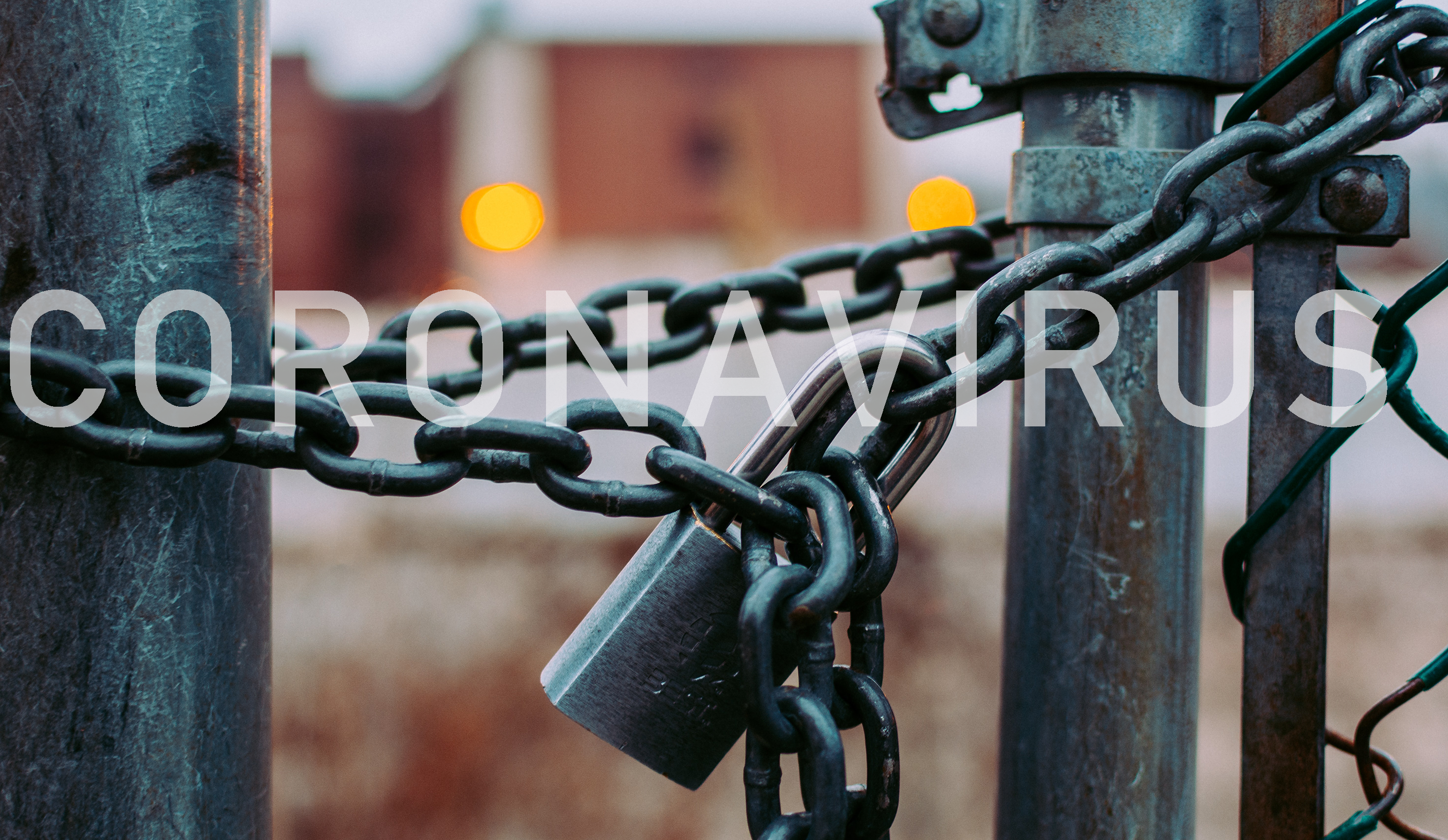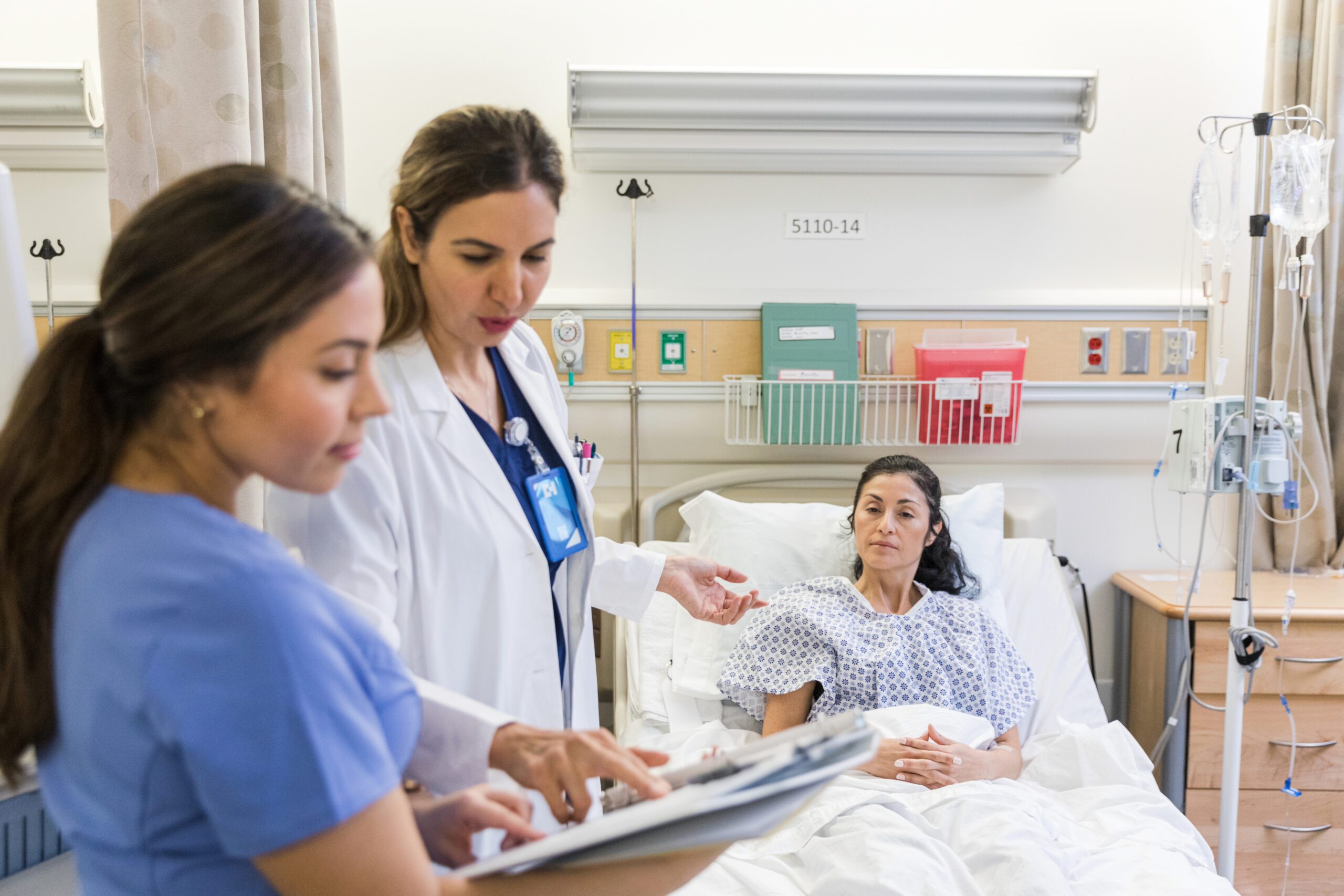With school campuses shutting their doors and sending people home, and the general fears, misinformation and feelings of instability that are rampant due to COVID-19, this can be overwhelming time to make sense of which way is “up.”
We’ve guided countless students through moments of personal crisis, and stood by each other when life has thrown a lot at us. Since we have some practice riding these waves AND keeping an eye on the figurative prize in the process, we thought we’d share some tips to help you navigate any school campus closures — and share one of the most powerful tools in an anxiety-defeating arsenal.
What To Do When Your School’s Campus Closes:
1. Consciously Create Your New Off-Campus Routine
If you — like many students — have had in-person classes suspended, you have the opportunity to reset to your temporary “new normal.” Your program is doing its best to maintain a sense of continuity and normalcy, and you also play a role in this by keeping yourself accountable to what you need to accomplish.
Take advantage of the time it will take for all the dust from this transition to settle and for each program to have concrete plans in place. If you do this consciously, you’ll proactively prevent the additional amount of free time from being swallowed up by unproductive behaviors.
Did you used to have to commute to campus? What if you instead used that time to move your body and get a good workout, meditation, journaling session, or call with a loved one in? Were you planning on a group study session? Host a virtual gathering instead. Zoom is one of the many video conferencing platforms out there that has a pretty robust free option.
2. Tackle The Things You’ve Been Putting Off
Now is NOT the time to go into hibernation. Extra time can tempt so many of us into hibernation and complacency, but remember that this too shall pass, and when it does, the more you’re prepared to hit the ground running, the better off you’ll be.
For example, if you’re going through the Match right now, why not tackle Step 3? Will you be applying to residency soon? Think about starting to work on your personal statement. In your first, second or third year? Solidify your foundational knowledge.
3. Strengthen Your Weaker Study Areas
Regardless of what year you’re in, take advantage of the additional time you will likely have on your hands to really sink your teeth into your weaker areas. The more you can ensure your foundational knowledge is as solid as possible, the better you will fare in the long run — not just on the USMLEs, but in med school, residency and beyond as a whole.
If you’re pre-dedicated for Step 1, now’s a great time to strategize for dedicated and to start working on your first pass through UWorld and First Aid. Avoid the five biggest mistakes students make with UWorld, consider whether you’d like to utilize a UWorld Journal, and be sure to limit how many resources you intend to use to avoid resource overwhelm.
4. Control the Controllables
This is one of the best practices/tools to help put things into perspective. When life feels overwhelming, try making a list that has two columns.
In the first column, write down anything that is truly within your control. This is a humbling exercise because you’ll find the most of what’s within your control is what you say, do or think. That includes dealing with your dirty laundry, or selecting study resources.
In the second column, write down everything that’s out of your control. Write it ALL down. Everything that’s weighing on you. Can you personally control when your school will reopen its campus, or when this world-wide wave will pass? Nope. This is where much relief can be found.
When you’re done writing everything down, step back and look at these lists objectively. Of the items that are within your control, try picking the top three items — or even just one item if you’re dealing with super intense anxiety at the moment — and work on checking that item off your list.
If that one item is MASSIVELY overwhelming, can you break it down into pieces? For example, getting a 240+ on Step 1 requires quite the undertaking, but that mountain (forgive the pun) is climbed step by step. It starts with selecting the resources you’ll rely upon during your studies, creating your study schedule, showing up each day to diligently do the necessary work, taking assessments… you get the point.
5. Take Care of Yourself
What else can you do with more time? Use the opportunity to catch up on sleep, or just plain make sure you’re getting enough sleep! It’s one of the best ways to look after your health overall and support the amount of energy you expend as you master your foundational medical knowledge.
Change — especially when it’s abrupt — can be challenging, especially when you’re a creature of habit or have a lot riding on how you expected things to go. If you find as you adjust to your new daily routine, that you’re feeling the weight of the world, or are not feeling as emotionally solid as you’d like, talk to someone. Ask for help if you need it.
Remember that if there’s one constant we can count on, it’s change. This too shall pass. There’s always support to be found if you need it, and our team is fully available should be be able to assist you.





